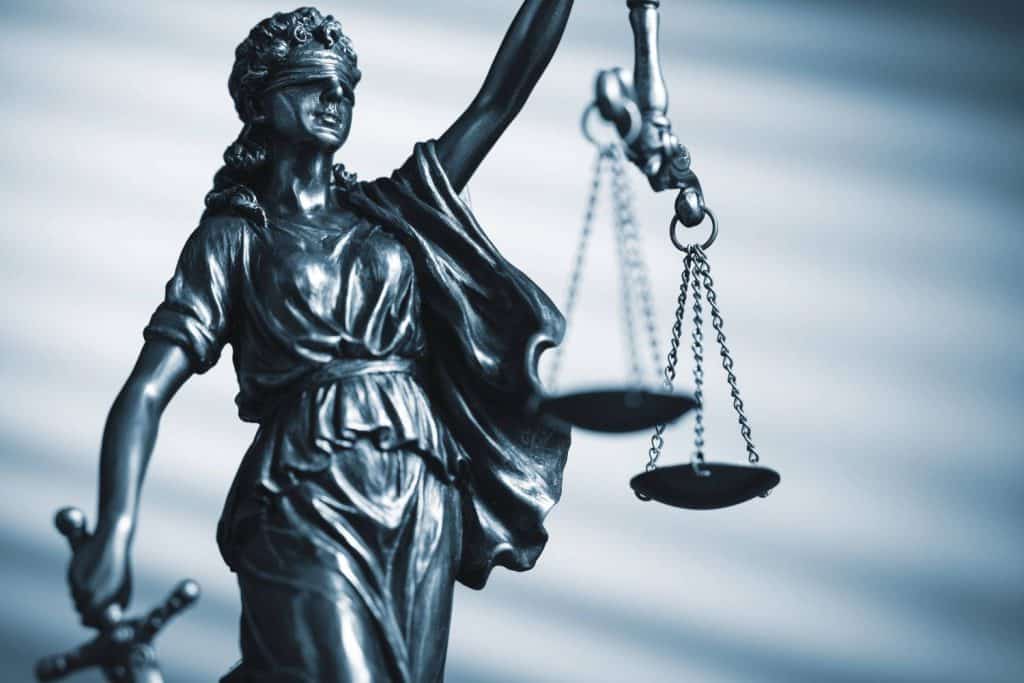COMMERCIAL LAW
Recovery of Debt Upon the Death of a Debtor

The question often arises – what happens to personal loans when the borrower dies (e.g., a car loan/house loan)?
Does Death Discharge Debts?
Death does not discharge debts of a debtor and debts owing to creditors are payable ahead of bequests or inheritance of the estate by heirs of the deceased debtor. Where a debtor dies and any amount of an owed debt is still outstanding, the creditor once he knows of the death shall inform the family and next of kin that they were a creditor of the deceased and the extent of indebtedness of the deceased, including necessary details on the underlying contract giving rise to the debt, penalties, date of default etc.
If the debt was secured, the creditor will inform the next of kin of the creditor’s right of lien and where acceptable to both parties, the creditor can give the debtor’s personal representatives some time to repay the debt or before the creditor enforces their security rights over the security property in question.
Probate and Administration Proceedings and Debts of the Deceased
Should the next of kin fail to repay the outstanding amount of debt owed, the creditor is at liberty to pursue legal enforcement of the debt as highlighted below.
- Where debts are due relating to the estate of a debtor, the creditor should as far as possible follow the probate and administration proceedings in court in relation to the estate in order to make sure debts owed to the creditor are followed up and paid out of the estate of the deceased.
- Thus often times, when making a personal loan to an individual, for the purposes of efficient debt collection on death of a debtor, the creditor may wish to pragmatically collect details on the next of kin of the debtor at the time of signature of the loan financing agreement and require the debtor to avail details of any change in their next of kin while they are still alive.
- The personal representative of the estate/ next of kin may request time to pay. This period may be used to finalise the estate’s administration including arrangements relating to property. In such a case, the creditor may agree with the personal representative on the period within which the debt should be repaid.
- Where the creditor is secured, if the personal representative drags their feet in obtaining a grant of representation, the creditor may, as the circumstances render appropriate, apply to court for relief or otherwise exercise their rights as a secured creditor under law.
Deceased Debtors and Collateralised Assets
The secured creditor may consider whether or not the security property forms free property of the deceased as envisaged under the Law of Succession Act, CAP 160, which prohibits intermeddling in the deceased’s free property, or otherwise make the necessary application to court for relief.
With regard to an unsecured creditor, they cannot seize any of the assets of the deceased without seeking the appropriate court order including a grant of representation. To facilitate creditors’ rights under law with respect to the estate of a deceased person, the law may allow a creditor to apply for a limited grant for the purpose of payment of debts owed by the deceased. Further, a creditor may object to ongoing succession proceedings in court by bringing an objector’s application on the grounds that a proposed distribution fails to make due provision for payment of the debt owed to the creditor or on the grounds that the estate is being administered to the detriment of the creditor’s rights.
Intermeddling with Debtor’s Estate
Dealing with the free property of the deceased e.g., through sending auctioneers without obtaining a grant of representation is a criminal act under the Law of Succession Act, which under S 45 prohibits intermeddling with the free property of the deceased without a grant of representation.
Provisions of law must be adhered to by a creditor collecting a debt from the deceased person’s estate otherwise they will be liable in a suit brought by the next of kin/personal representative for wrongful debt collection practices or otherwise intermeddling in the estate of a deceased person contrary to the Law of Succession Act.
Conduct of the Personal Representative and the Creditor
The personal representative/next of kin is bound to disclose all information pertaining to the estate to the court including the interests of creditors and where they fail to do so, the creditor may apply to revoke a grant of representation where the proposed distribution does not provide for repayment of liabilities including that owed to the creditor or where such information pertaining to the liabilities is wilfully concealed from the court in succession proceedings.
Additionally, the creditor should be cognisant of the law under the Limitation of Actions Act when it comes to debt recovery claims against the estate of the deceased person
The creditor must weigh the duration of any time concession they grant to the next of kin or the personal representative with regard to repayment of the debt. However, the creditor must be cognisant that the longer one waits to collect on a debt usually the odds of full recovery keep reducing.
The provision of general information herein does not constitute an advocate-client relationship with any reader. All information, content, and material in this article are for general informational purposes only. Readers of this article should get in touch with us/a qualified advocate to obtain legal advice with respect to any particular legal matter.
RELATED ARTICLES



